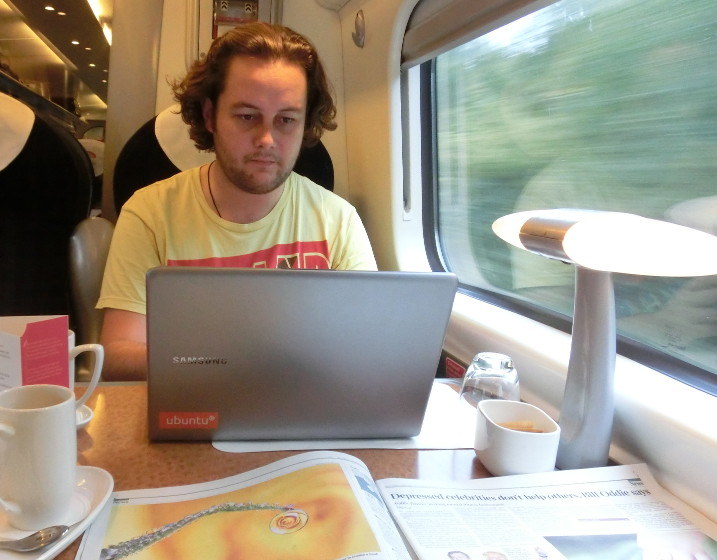
Back in July last year Matthew told you that we’d started work on a new project and it’s high time for an update on the progress of that project. I want to share with you what we’ve been doing, where we’re at right now, and some exciting new development that we’re undertaking before we launch this pioneering project for all Australians.
The open source code for our vote tracking project is once again inherited from the UK. The great thing about this is that our parliamentary systems have a lot in common, at least on the surface. Dig a little deeper (and writing code to analyse parliamentary voting is certainly doing that!) and you find many subtle but crucially important differences.
These are the kinds of questions we’ve needed to answer and then represent in code:
- Can MPs vote both aye and no as in the UK?
- Can the speakers and their deputies vote? If so, under what circumstances? Are they representing their party when they vote?
- Is there a way to actively abstain in the Federal Parliament?
- Should tellers be included when tallying up votes?
A key part of this project is interpreting the data we’re analysing and making it easy to understand – without a PhD in political science. To this end, we’ve been excited to have some political researchers on our project team. They too will be sharing some posts about the process they’ve gone through in the coming weeks.
Like our work on OpenAustralia.org, this work has uncovered a number of issues in the official record. Things like people voting when they aren’t MPs any more. As always we’ve sent these fixes to Parliament House to be corrected. By the way, this would be so much easier if they just had an open bug tracker :)
The code we inherited for this project was written by some brilliantly smart people but some of it is over a decade old and it wasn’t being actively developed. It’s a simple fact that over time complexity creeps in and technical debt builds up. This has lead to making some difficult decisions about how to move forward.
We’ve started work on a Rails port in an effort to strip back complexity in both the codebase and usability. We’re not rebuilders by nature so this was a decision that was not made lightly but we’re confident this will mean the project will have a brighter future.
We’re approaching this port carefully, in the same way Matthew did with PlanningAlerts. The PHP code still works and it’s built in such a way that the still active UK site could take advantage of our work and “upgrade” to this version.
To be able to present our best work possible there are still a small number of bugs to resolve. Once that’s done we’ll focus on getting the Rails port ready for launch. We don’t have a date right now but it should be within the next few months.
If you’d like to find our more you can see all the development live on GitHub (including those issues I imported recently, yay!). Please drop me an email if you’re interesting in getting early access and helping out. Also, don’t forget to keep an eye out for some really interesting posts from our political researchers in the coming weeks.